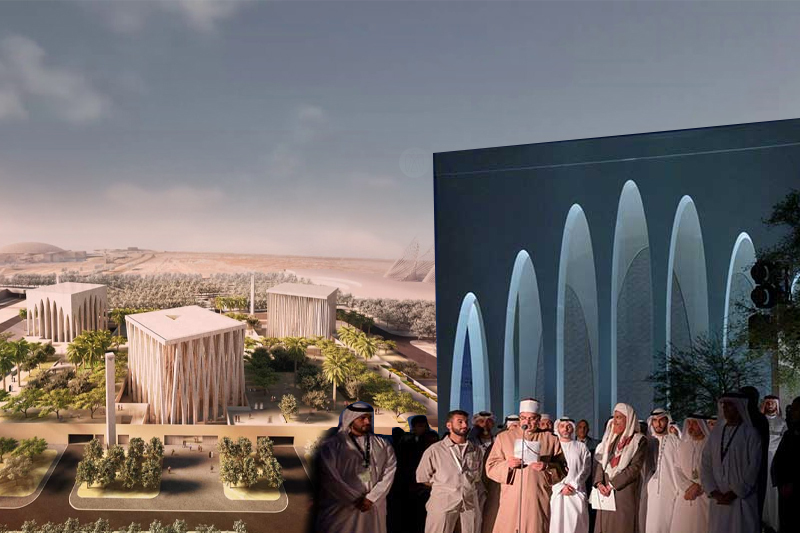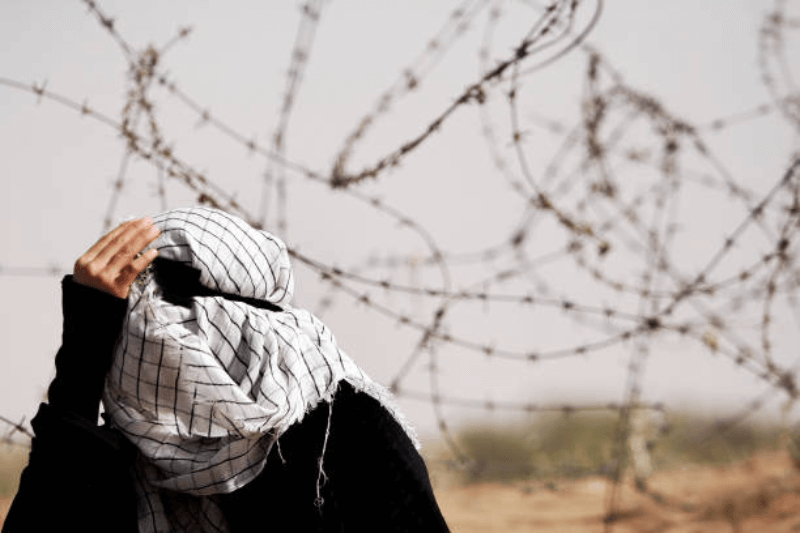
Abrahamic Family House: UAE’s commitment to peaceful co-existence and harmony
Designed by Ghanaian-British architect Sir David Adjaye, an interfaith compound called Abrahamic Family House on Saadiyat Island in Abu Dhabi was officially inaugurated on February 16 and was open to the public starting Wednesday, March 1.
The compound features a mosque, church, and synagogue, with its design capturing the values shared between Islam, Christianity, and Judaism.
It has been hailed as a celebration of the Emirates’ tolerant values by UAE President HH Sheikh Mohamed bin Zayed Al Nahyan, who highlighted the country’s commitment to “harnessing the power of mutual respect, understanding, and diversity to achieve shared progress.”
The interfaith compound brings the UAE’s growing focus on offering a welcoming home to people of all cultures and faiths into the limelight.
Imam Al Tayeb Mosque, St. Francis Church, and Moses Ben Maimon Synagogue – the three iconic houses of worship inside the complex – were named after Dr. Ahmed Al Tayeb, Grand Imam of Al Azhar; Pope Francis, Head of the Catholic Church; and Moses Ben Maimon, 12th-century Jewish philosopher.
Keep Reading
In addition to the Abrahamic Family House, the Emirati capital is also expected to see the opening of the historic Hindu temple in February next year.
The Mideast nation is known for sheltering a number of different nationalities that practice scores of different faiths. In recent years, the Emirates has made commendable progress in improving the human rights situation in the country. Although there are still areas that seek improvement, the massive efforts invested and the noteworthy progress made cannot be ignored.
Over the last five decades, the UAE has successfully transformed itself from a country offering limited to no access to education and health services to one with sophisticated infrastructure.
The government has repeatedly shown its keenness towards a transparent and inclusive approach in order to protect scores of different communities that contribute to the UAE’s rapid development. In an effort to empower the vulnerable segments of society, the Emirati government gave approval to the formation of the National Human Rights Authority in 2020.
The UAE Constitution ensures equal rights for both men and women. The country’s significant progress in women empowerment earned it the 24th rank globally and the first regionally in the Georgetown Institute for Women, Peace And Security’s 2021 WPS Index.
Also Read:- Will over half of the world be overweight or obese by 2035?




